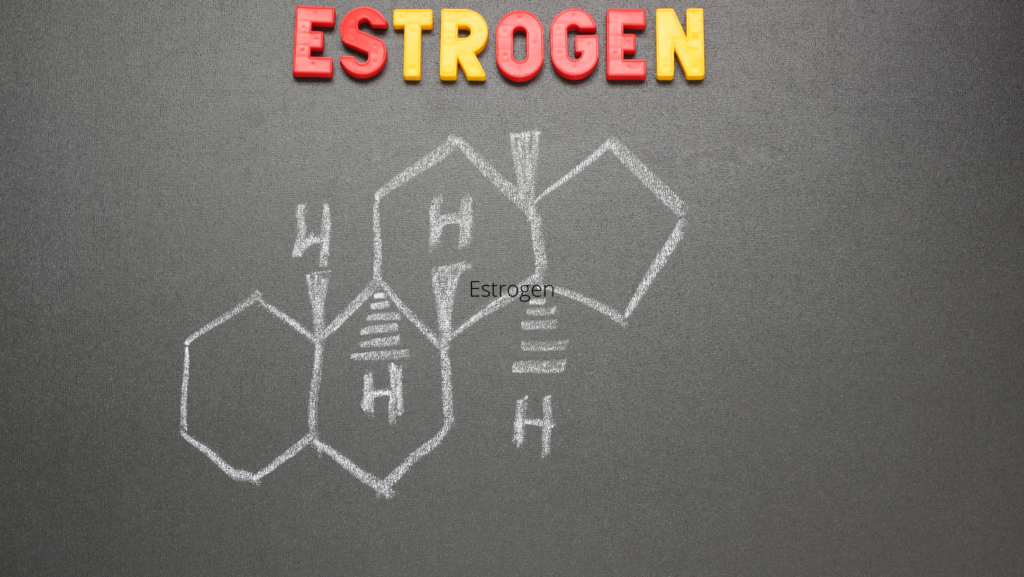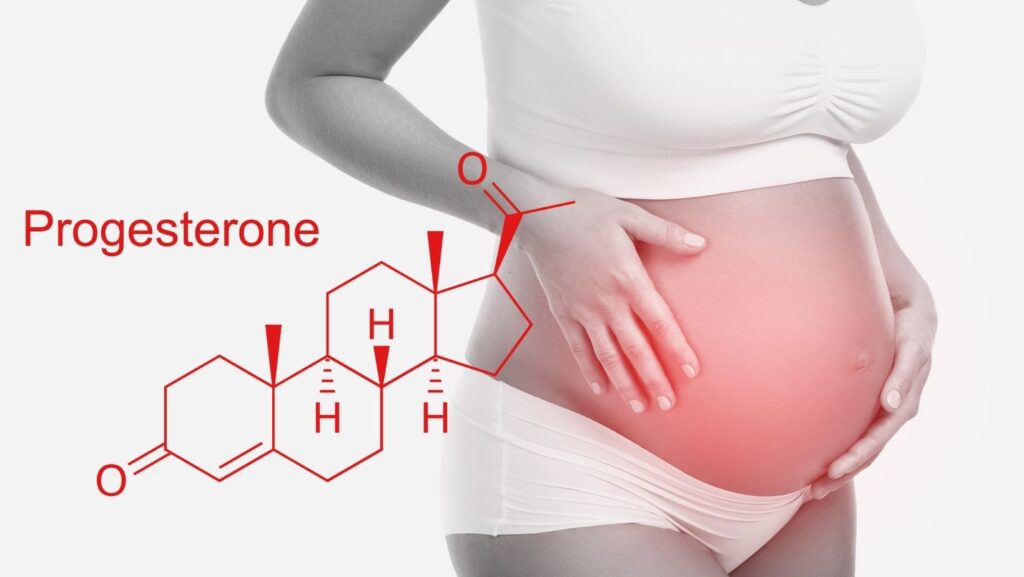Whether in females or males, hormones play an important part in the reproductive system. In women specifically, hormones may influence how an egg matures in the ovary and is released, the odds of fertilization and implantation, pregnancy survival, and even the capacity to nurse following childbirth. As a result, whenever couples experience reproductive issues, endocrinology specialists like Dr. Peter L Chang frequently test for hormone abnormalities. Although it might sometimes be time-consuming and tricky to strike the correct balance, hormone abnormalities in men and women are often treatable. Thus, ensure you consult your reproductive specialist concerning potential hormone concerns if you are experiencing difficulties conceiving. Meanwhile, continue reading to learn about the most critical female hormones and their roles in fertility.
“Although not all infertility issues are hormone-related, more often than not, they are. Thus, you should not take any hormone imbalance lightly as it can result in difficulty conceiving or pregnancy complications, such as miscarriages.”
Follicle Stimulating Hormone (FSH)
Follicle Stimulating Hormone plays a key role in both male and female fertility as it regulates sperm production and egg development. During the 1st week of your cycle, FSH, which is generated by the pituitary gland, encourages the development of ovarian follicles. It should be at its maximum immediately before ovulation (about the 2nd week of one’s cycle). If the hormone levels are very low, one may have irregular ovulation or not ovulate. On the other hand, excessive hormone levels point to malfunctioning ovaries.
Estrogen

As follicles develop in the ovaries, they generate estrogen, prompting the endometrium (uterine lining) to develop in readiness for pregnancy. An increase in estrogen occurs as one follicle becomes larger than the others and is ready for release, triggering the pituitary gland to create the Luteinizing Hormone. Estrogen also encourages mucus production in the uterus, which creates an optimal area for sperm survival. If the estrogen levels are too little, the endometrium might not be sufficiently thick to support the implantation of the fertilized egg. In contrast, increased estrogen levels could reduce the implantation window.
Luteinizing Hormone (LH)
Similar to Follicle Stimulating Hormone, the pituitary gland generates the LH and is essential for both female and male reproduction cycles. LH increases testosterone production in men, vital for sperm concentration and sexual drive.
Whereas the right amounts of FSH encourage follicle development in women, correct LH levels permit ovulation, which occurs around the 2nd week of one’s cycle. If the egg is fertilized, LH triggers the corpus luteum (a clump of cells within the ovary), generating progesterone to keep the pregnancy going.
Once again, LH levels must be precise. Women with excessive LH often suffer from polycystic ovarian syndrome, whilst those with reduced LH might not ovulate.
Progesterone

Progesterone is produced in a woman’s bloodstream when a follicle develops into a corpus luteum. This process aids implantation and indicates that a fertilized ovary must continue to make progesterone by itself to ensure the pregnancy’s survival. If the egg is yet to be fertilized, progesterone levels diminish, and menses start. Reduced progesterone levels might cause fertility issues with breastfeeding difficulties following childbirth.
Although not all infertility issues are hormone-related, more often than not, they are. Thus, you should not take any hormone imbalance lightly as it can result in difficulty conceiving or pregnancy complications, such as miscarriages. At Noble Fertility Center, Dr. Chang employs various techniques to address fertility problems, including intrauterine insemination, ovulation induction, reproductive surgeries, in vitro fertilization, and many more. For professional diagnosis and fertility care, schedule an initial consultation today through mobile or book online.










































































































